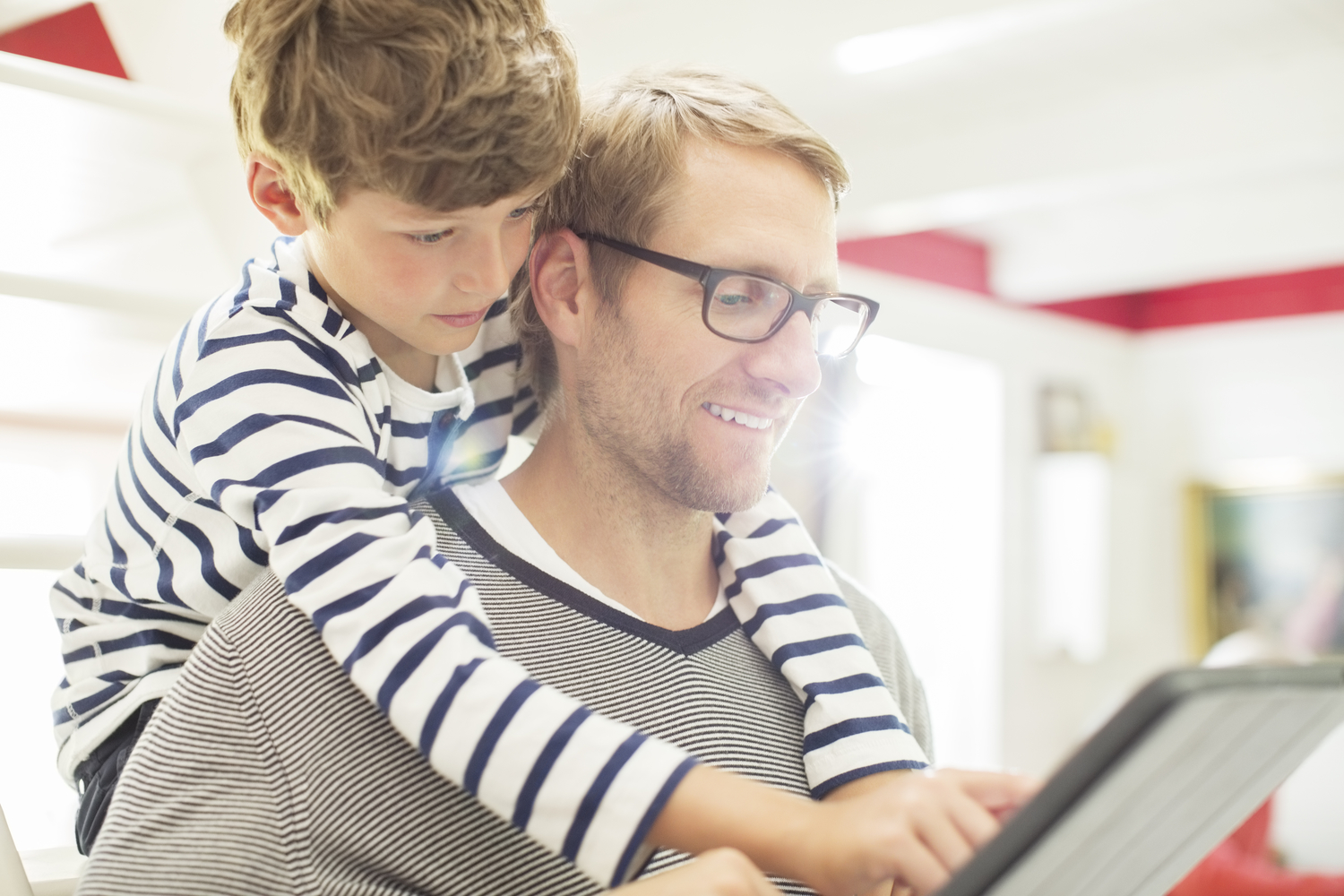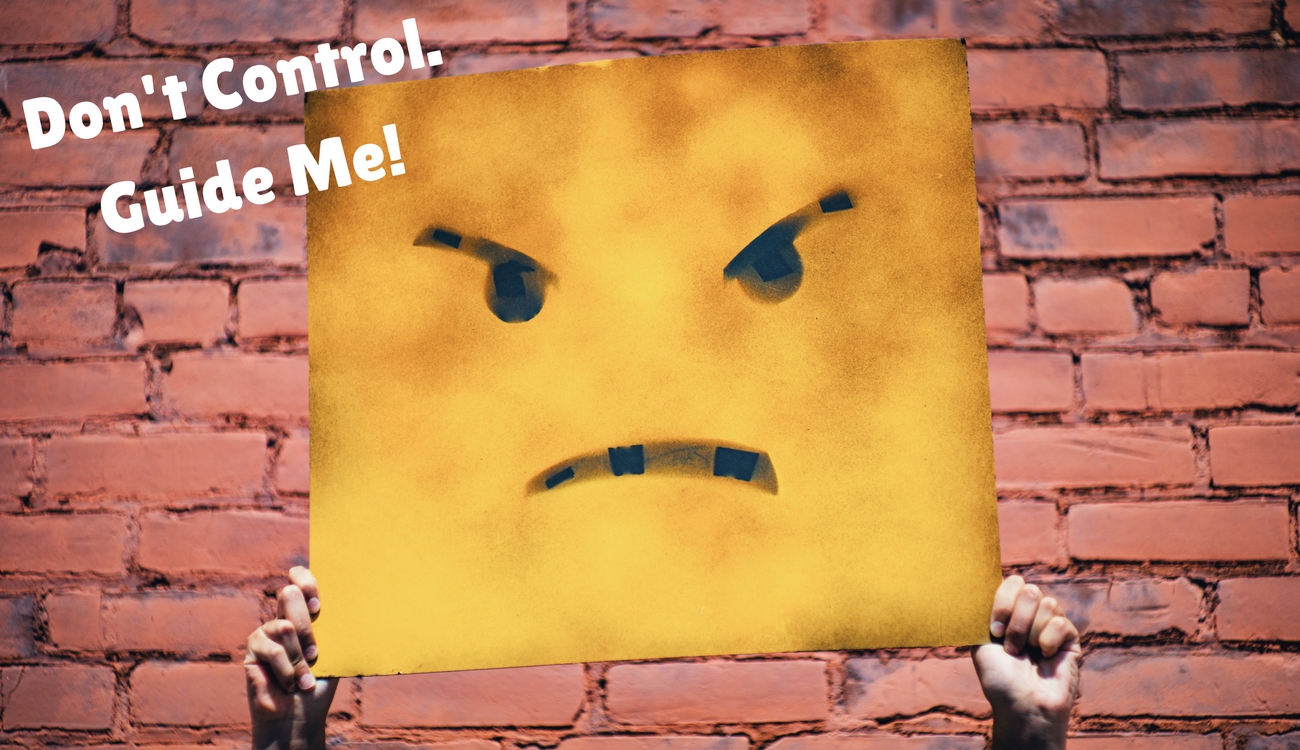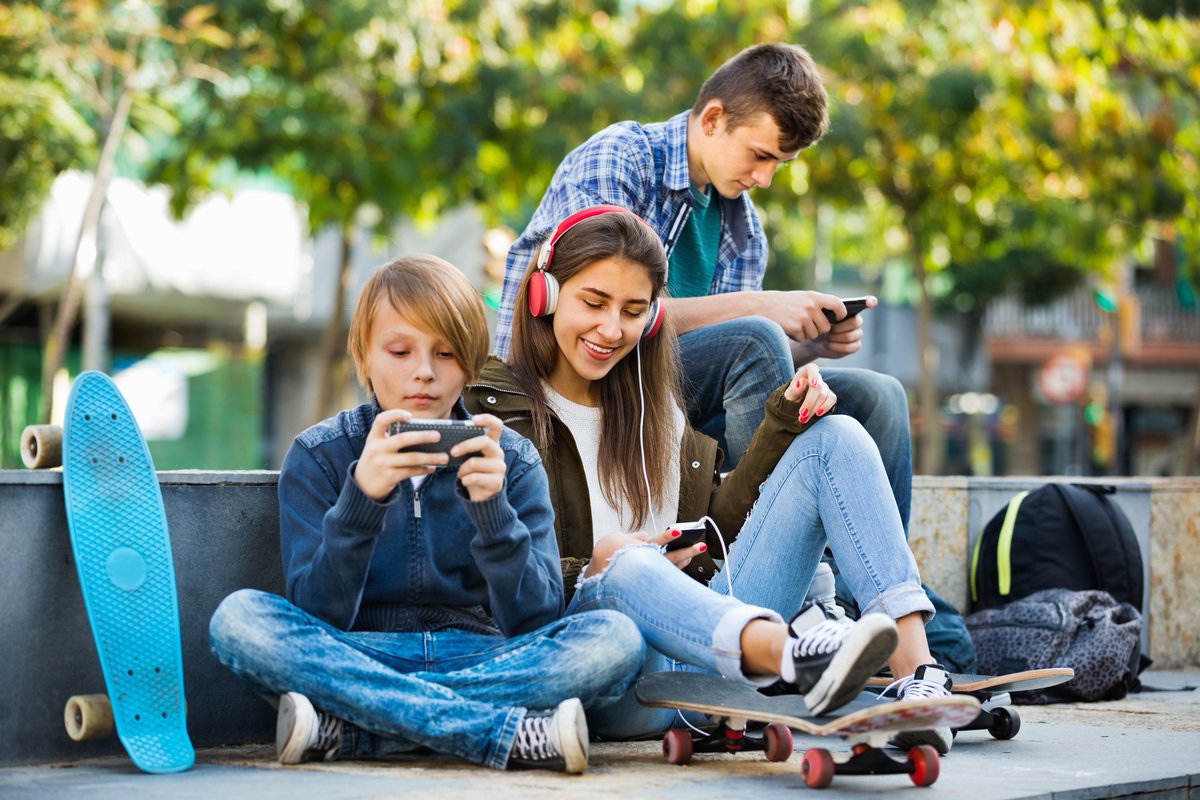- Kid's Digital Life
Tips for Teaching Your Child Good Digital Citizenship

Raising a responsible digital citizen
Everyone wants their kids to grow up to be good, honest responsible citizens. However, there is now a new aspect to teaching your children good citizenship, and it involves the universal spread of digital devices and increased time your child spends with a screen.
Digital citizenship refers to someone’s presence and activity in the digital world. It is important for you to teach your children how to behave appropriately when on social media and other online forums so that they can be the best digital citizen possible.
Here are the top tips to teach your children to be good digital citizens:
Respect Rules and the Need to Be Offline
Social media is very visually oriented. However, kids need to respect their friends’ wishes when it comes to posting photos and videos online.
Kids need to respect the comfort level and wishes of their friends. If an image or video has been posted and a friend asks for it to be removed, it is important to respect that request and take the photo or video down—no questions asked.
Be Inclusive
Just like that one child who feels left out on the playground, kids can feel left out on social media. Kids need to think about how they would feel if they were left out and saw their friends posting about the “fabulous day with their besties.” Remind children of the importance of sympathy, and to think how another person would feel based on what they’re putting out there on social media.
Always Report Bullying
Whenever a child feels they are being bullied online, they should say something about it. By warning them about online bullies, you can create a safe space for them to come to you if they have questions or feel like a victim themselves.
The above tips are all incredibly important, but perhaps even more important is the example set by parents. That means parents need to follow these tips when posting online and respect the wishes of their friends and their children when posting images and videos. This way, kids see that respectful digital citizenship is relevant throughout life.
In Summary
Parents need to understand that being a good digital citizen also means being a good citizen offline . The rules, norms, and behaviors we teach our kids on a daily basis that have nothing to do with technology play a big role in how they will behave and interact online.
Being a good digital citizen is not just a kid thing, kids learn more by modeled behavior. It’s a more impactful lesson to demonstrate how to behave vs. the “Because I said so” method.
As a parent, expand your knowledge of social media and popular apps so you know how they work and how to guide your kids to understand best practices.

Be open to your kid’s online mistakes, because there will be many! But ensure you’ve taught your kids to feel comfortable and confident enough to fix and learn from their own errors and to come to you for help vs. hiding or feeling ashamed to talk to you about it.
Don’t be a spymaster and try to control your kids, in this day in age everyone is in some way connected whether at home or through classroom work or from a friend’s house.
Your job as a parent is to help them optimize and get the best responsible digital experience they can with good direction and trust.
Lastly, get involved, ask your kids questions. What apps do they like, and why? Friend them when appropriate on social channels. Explain it’s just to stay connected, and never shame or comment on their profiles.
Most popular post in this categorie

How to Keep Parental Controls From Ruining Your Kids Life

Popular Social Media Apps and How Teens & Tweens Are Using Them
